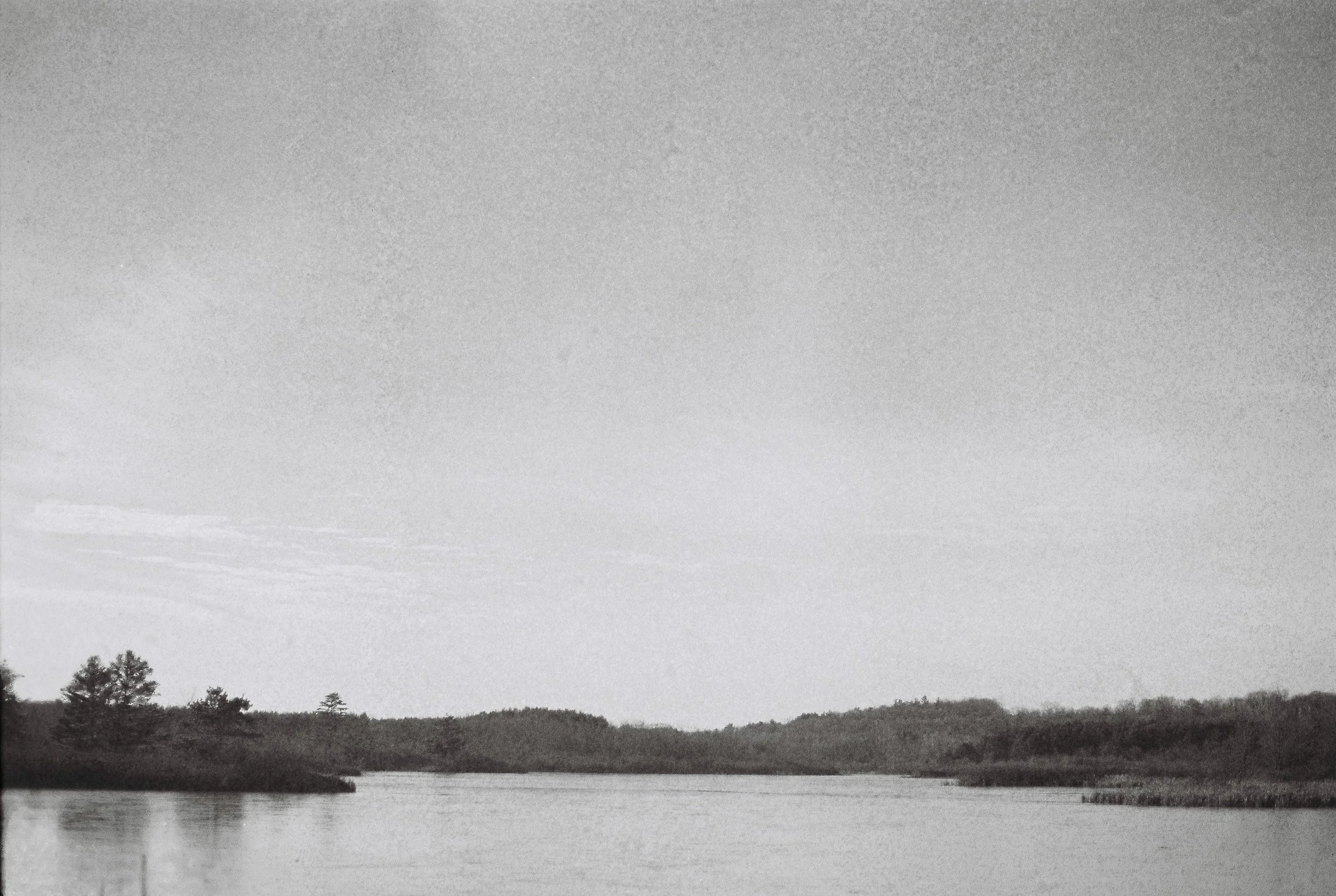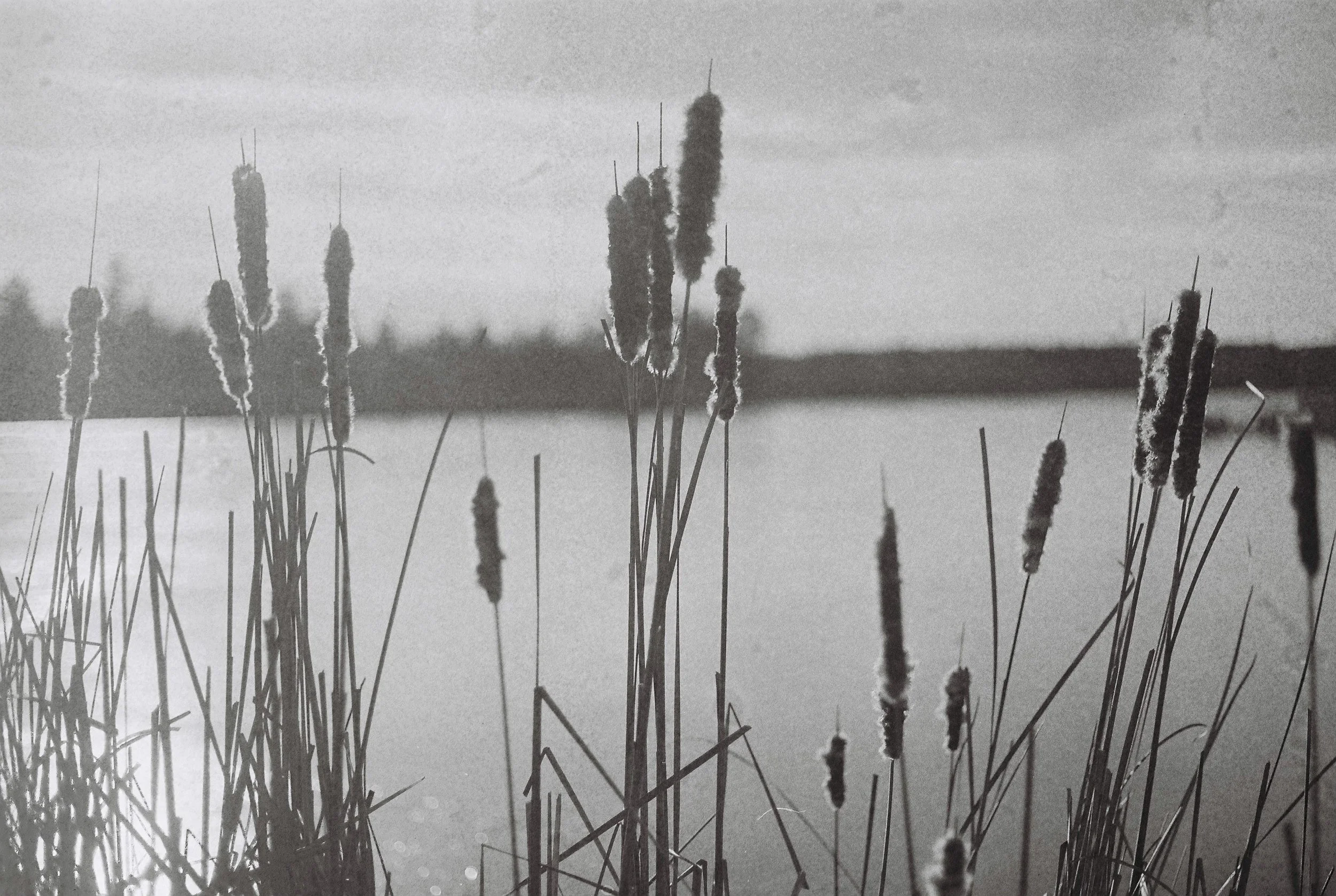
Moiasir Salih: Steps to Reconciliation
It can be difficult to determine a settler's role in reparations, truth, and reconciliation, and engaging with Indigenous knowledge and ontologies is a helpful first step. Non-Indigenous people interested in connecting with Indigenous ontologies may need to become unhinged, uncomfortable, or step outside of the role of 'expert' to be a witness or listener (Hunt, 2013). Geographers must confront the uneasy aspect of using Indigenous knowledge in processes that are rarely clear, clean, linear, or straightforward, but instead productively perplexing (Hunt, 2013). This could imply seeing Indigenous knowledge's dynamic relationality, complexity, and circularity as constructive and necessary (Hunt, 2013). Regarding the Canadian government, the Berger Inquiry's main recommendations have been echoed in a pertinent call to action issued by the Truth and Reconciliation Commission of Canada..

The Truth and Reconciliation Commission of Canada: calls to Action (2015) offers, under the Royal Proclamation and Covenant of Reconciliation #45, a call to action that effectively addresses the concerns raised in this essay. However, in the spirit of offering a unique Call to Action, I will share mine. I call upon the Canadian government to continue to conduct generously financed investigations into any resource extraction initiatives on Canadian land, regardless of whether they pass through Indigenous communities or settlements. I urge the government to continue the tradition of holding community hearings to hear from both Indigenous and settler groups. Furthermore, I urge that these community hearings be made widely accessible to all Canadians and promoted for Indigenous knowledges and truths to be replicated and passed more smoothly throughout our communities. It would be much better if Indigenous knowledges and truths could be recreated in urban places, independent of resource management issues.
